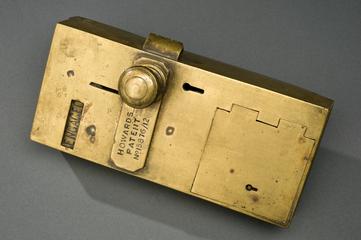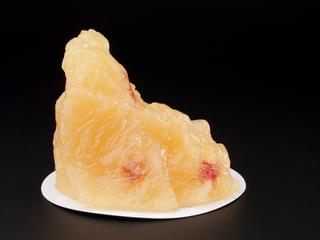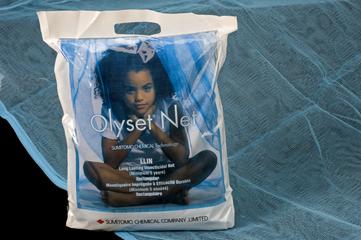Blood sampling kit for INSTINCT study
DGP Pathoseal 95 biohazard bag numbered 18335519 and labelled ATTAC Day 1 containing 3 BD Vacutainer 10ml tube with green screw cap, BD Vacutainer Safety-Lok blood collection set, expiry date 2021-12-31 and lot number 19M27T1, pink rubber tourniquet, round Steroplast adhesive dressing, BD Vacutainer 4ml tube with red screw cap, Clinell alcohol skin wipe, ball of cotton wool, BD Vacutainer One-Use Holder, and rectangle of absorbent material equipment for blood testing of participants in the INSTINCT study (who are contacts of someone who has tested positive for COVID-19 on day 1 post symptoms), 2020
More
In the INSTINCT study, household contacts living with people with a recent COVID-19 infection were enrolled at home by research nurses (day 0) and visited again on days 7, 14 and 27. The green top tubes are used to isolate plasma and immune cells. These cells are tested further using flow cytometry to understand which parts of a person’s immune system is responding to COVID-19. The red topped tube is for collection of serum. This serum is initially used to test for COVID-19 antibodies and cytokine responses to infection.
Combined nose and throat swabs for reverse transcriptase (RT)-PCR testing. Nasal and stool samples were also taken to study immune responses and whether the virus is present in faeces. Samples over time helps identify virus changes and mutations and identify if there are any links between specific strains of virus and disease outcome. Participants also tracked their symptoms over 28 days in a diary.
If eligible to take participate in the study, people were taken through what the study was and what would happen to their data and samples. If they agreed to take part, they each signed a consent form and parents or guardian gave permission for over 5 year olds but under 18s to take part. The study looked at what proportion of infections that are symptom-free, what are the risk factors of COVID-19 transmission within household and whether early immune responses could predict if a recently-exposed person (contact) will have a symptom-free infection or instead develop symptomatic or severe illness.





